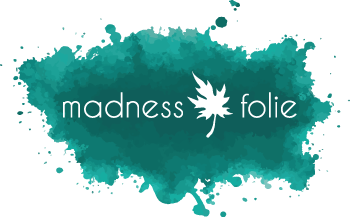Components: Self-Guided 2
Components: Self-Guided 2 – Doreen Befus Story Timing: 30 Minutes Mode: In-class; Online It is very difficult to uncover the voices and perspectives of the targets of eugenics legislation, but this set of resources shifts the focus from the political to the personal. A selection of the letters and photographs that Doreen Befus donated …


 Français
Français